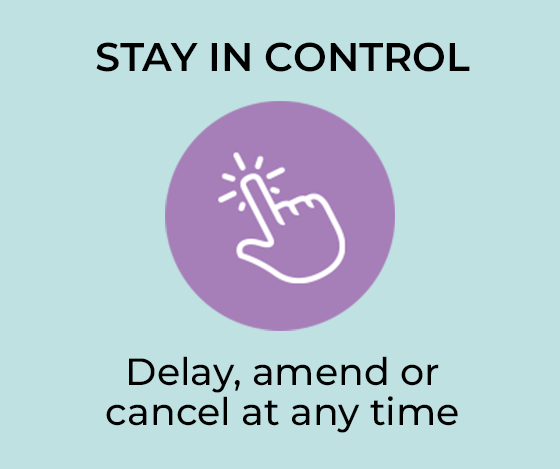In 2011 Paths for all: the Scottish charity launched the Step Count Challenge. Since then, thousands of people and workplaces across Scotland have got involved, walking more than 9 billion steps.
But you don't have to live in Scotland to take part. Whether you do it alone or with a group, for yourself or for charity, here's how up your step count and why…
It's easy to make use of your feet more…
Says personal trainer and wellbeing expert, Nicola Addison. And the benefits are probably more than you think.
If you can, try to walk part of your commute, suggests Nicola. "Simply getting off a couple of bus or tube stops before you normally would will drastically increase your total number of steps per day." Other suggestions include:
- Taking the stairs instead of the lift or escalator.
- Washing your own car rather than sitting and watching someone else do it.
- Sweeping the leaves up in your garden, rather than leaving them to gather.
- Choosing a coffee shop 10 minutes away rather than at the end of your street for your morning caffeine hit.
Why is walking so important?
"Walking promotes healthy muscles and joints", says Nicola. Simply put: use it or lose it! The less we use them, the shorter our muscles will get and the tighter our bodies will be.
Walking also helps to improves your mood by boosting brain levels of the chemicals serotonin, dopamine, and norepinephrine - all of which make you feel happy!
As well as the health benefits, walking:
- can be done at any time of day
- can be done anywhere
- can be done alone or with a friend or in a group
- Is free!
How far should I walk per day?
It has been suggested by public health guidelines that the average adult should aim to walk 8,000 - 10,000 steps per day: approximately five miles.
"One mile of walking, which takes around 20 minutes, will usually equate to around 2000 steps, though this does depend on your stride length and speed," explains Nicola.
And, while this may seem like a lot, it might be easier than you think you hot your target:
"If you're active when you wake up - i.e. making your breakfast, having a shower, tidying the house, walking up and down the stairs, etc. you'll likely take 1,000 steps without even realising!", she says.
How can I keep track of how far I've walked?
Fitness trackers are a popular way of counting steps. Similarly, to the way in which a classic pedometer would work, fitness trackers count the steps you take and can either be worn as a watch or clipped on to your person.
A great motivator to helping you reach your daily target, fitness trackers allow you to make a profile, set yourself goals and monitor everything from distance walked each day to the calories you burn. And, if weight-loss is the reason you want to walk more, you can even use trackers to keep food diaries and log calories consumed.











